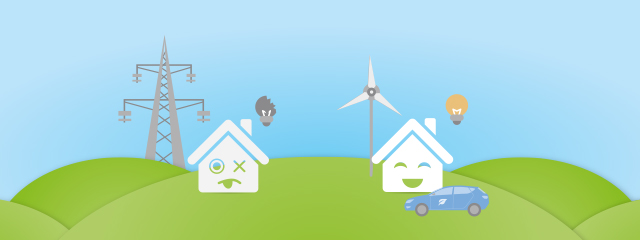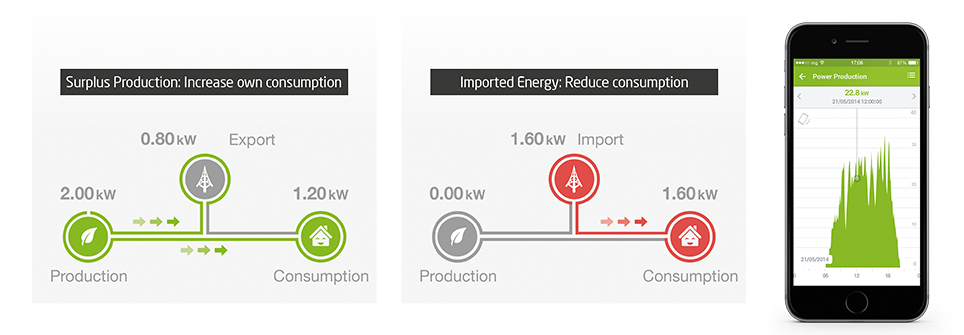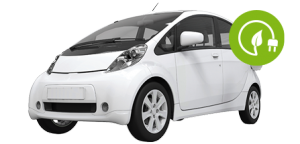
How Can Smart Home Technology Create An Energy Management System At Home?
In 2014, The Guardian reported a 70% chance that the global population will rise continuously from 7bn in 2014 to 11bn in 2100, exceeding previous census estimates by more than 2bn. It’s no secret that the increasing worldwide demand for energy from our increasing global population places great pressure on our non-renewable energy resources.
We already know that the UK National Grid is groaning under the weight of the growing demand for energy and brownouts are now a very real possibility.
Businesses and homeowners alike are becoming more aware of their energy consumption and related greenhouse gas emissions, and are looking for ways to reduce their usage and save both energy and costs.
Increasing number of businesses are choosing to invest in an Energy Management Information System (EMIS), which can reduce energy consumption by anything from 5% to 15%. An EMIS uses various technologies including fault detection and diagnostic systems, utility tracking tools and building automation to allow a business to collect and analyse information about their energy usage, view load profiles, compare energy performance between buildings and pinpoint energy costs for specific departments and processes.
A recent report from BCC Research shows that the global Energy Management Information Systems (EMIS) market grew to nearly £38.5 billion last year. This market is expected to grow at a five-year compound annual growth rate (CAGR) of 3.8% from 2015 to 2020, to £40.1 billion in 2015 and nearly £48.3 billion in 2020.
It’s clear that there’s a big market for optimising the way we use energy in the workplace, but what about at home?
Energy management at home
The majority of commercial energy management system providers do not cater for private consumers, which is surprising, since around 30% of our total carbon emissions in the UK is a result the energy used in domestic properties.
 Individual consumers are progressively looking for ways to manage household energy use. Smart meters offer a way to view your energy usage, but do little to save energy unless the homeowner’s habits and behaviours change as a result (to read more about this, check out our Smart Meters blog).
Individual consumers are progressively looking for ways to manage household energy use. Smart meters offer a way to view your energy usage, but do little to save energy unless the homeowner’s habits and behaviours change as a result (to read more about this, check out our Smart Meters blog).
How can Smart Home technology help?
Products like Hive, Nest & Tado are raising consumer awareness around saving energy through remote heating control, but there’s so much more that smart home technology can do.
 It’s not just heating that can be controlled of course. A smart home system can operate lighting, audio and appliances automatically depending on the time of day, and whether or not someone’s in the room. It can pinpoint areas of high energy use, making it easier to see where to cut down.
It’s not just heating that can be controlled of course. A smart home system can operate lighting, audio and appliances automatically depending on the time of day, and whether or not someone’s in the room. It can pinpoint areas of high energy use, making it easier to see where to cut down.
There’s also a steady increase in the uptake of renewable energy options in UK homes, such as solar panels and renewable heat sources. These can be integrated into smart home systems to distribute electricity depending on demand throughout the house. Consumption can be optimised to enable appliances such as dishwashers to run automatically when free electricity is available.

In addition, the move away from fossil fuels to renewable energy sources brings with it a new wave of interest in electric and hybrid vehicles. Again, these can be put to best use with the introduction of a little smart technology.
 With Loxone, you can view usage stats and charge status for your electric car directly from the App. You can also specify when your vehicle should be charged to ensure you make the most of cheaper energy periods.
With Loxone, you can view usage stats and charge status for your electric car directly from the App. You can also specify when your vehicle should be charged to ensure you make the most of cheaper energy periods.
Better still, if you’ve integrated solar panels into your smart home, they can charge the car automatically for you when there’s enough electricity being generated.
Want To Find Out More?
Interested in how Smart Home technology could help you keep an eye on your energy use? Considering integrating solar panels and want to know how to get the best from them? Find out how Loxone can help you save energy by visiting our website, requesting a brochure or booking a free consultation with a member of our Project Consulting team.
